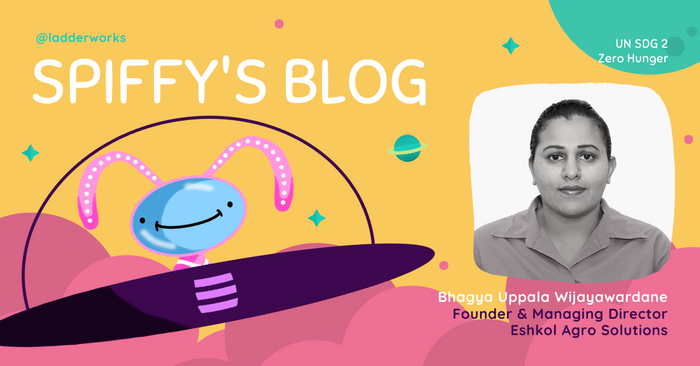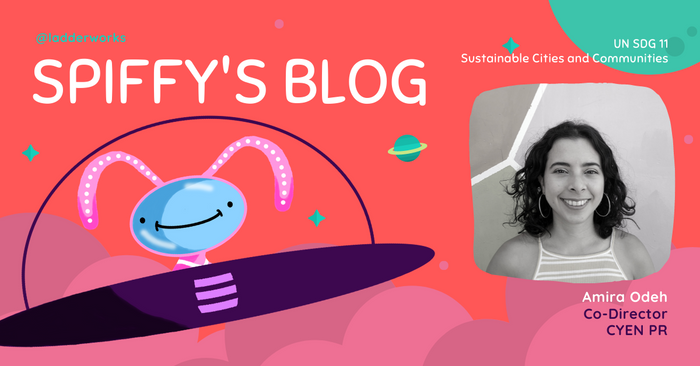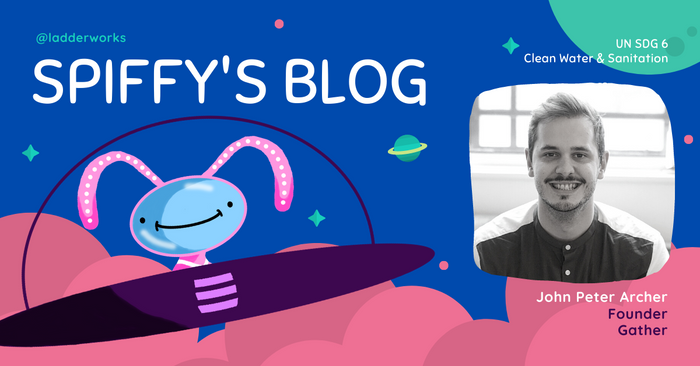Bhagya Uppala Wijayawardane: Tackling Food Insecurity through Home Gardening

Bhagya: Well, Spiffy, in my journey, I have witnessed and heard stories of families adversely affected by climate change. I have seen people affected by malnutrition, stunted growth in children, and an increase in school dropouts due to hunger and lack of a free morning meal. I’ve seen farmers attempt suicide to escape debt traps. I’ve seen escalating food costs and nutritional deficiencies. I started gathering information so I could better understand how people can live peacefully without relying on government agencies and institutions for support all the time. At the same time, I started gardening in the backyard of my kitchen. All this while, there was a constant inkling pushing me to help others start their home garden to fight food insecurity



